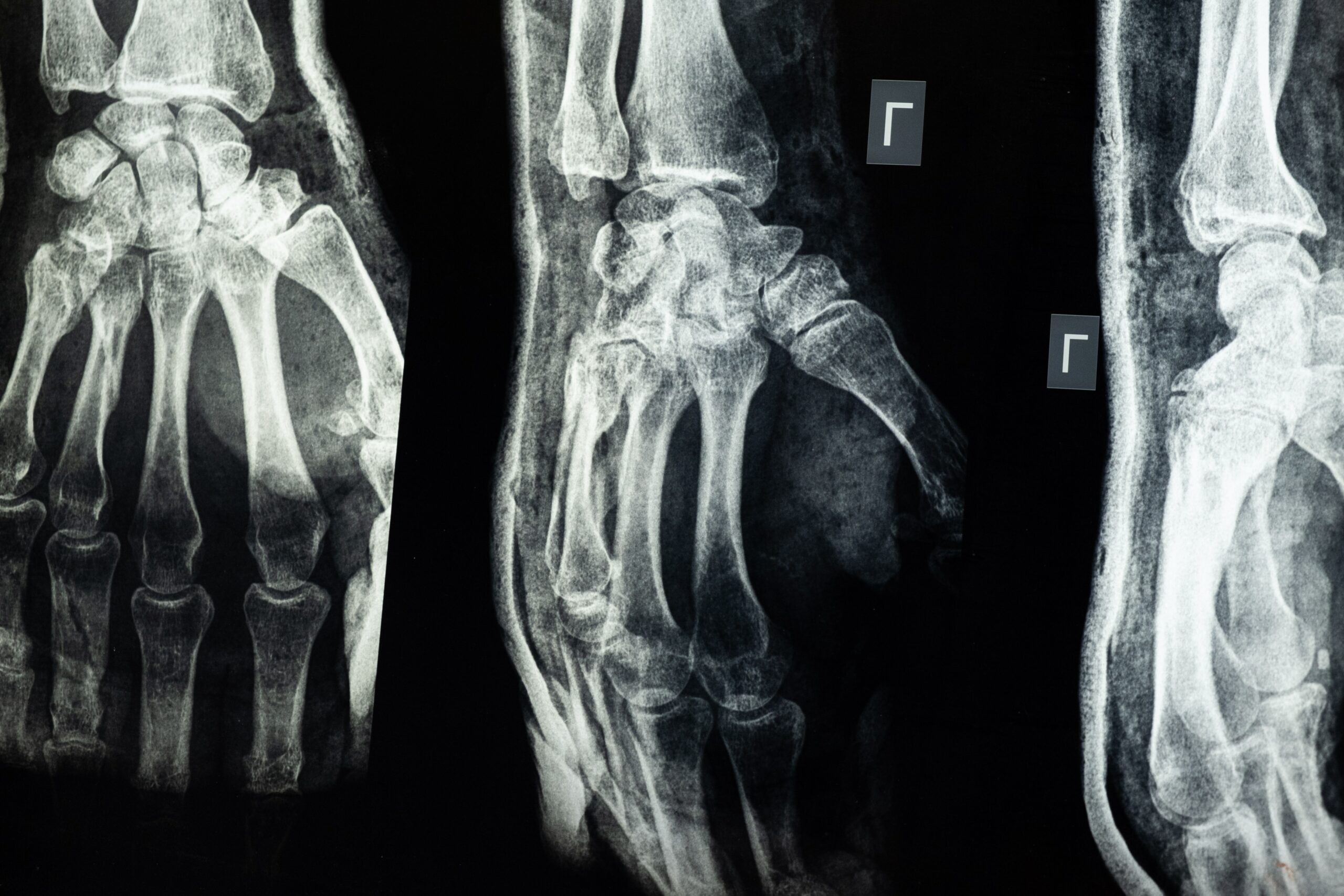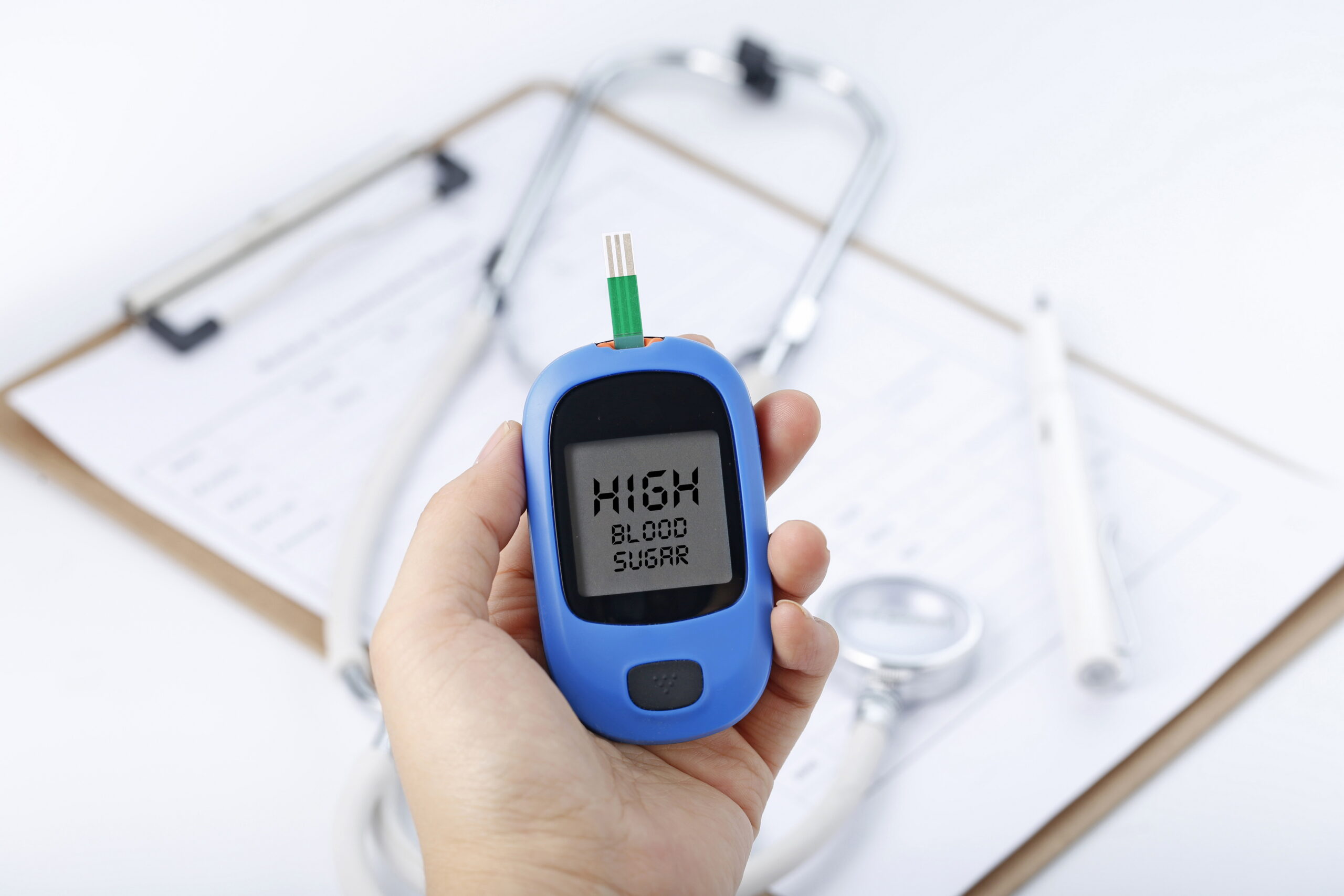First Aid Guide for Abdominal Injuries: The abdomen can sustain injuries in many ways, and it can be relatively mild or severe. Since the abdominal cavity is unprotected by bones, the abdominal organs beneath it, including the liver, spleen, and stomach, are susceptible to serious injuries. Here is a First Aid Guide for abdominal injuries.
What Are Abdominal Injuries?
Abdominal injuries may be classified into two categories: Blunt and Penetrating.
Blunt abdominal trauma occurs when there is a direct blow, a strong impact, or a sudden increase in speed. A blunt trauma scenario may be a fall from a height or a motor vehicle accident.
Penetrating abdominal trauma involves breaking the skin, such as gunshot and stabbing wounds. Some penetrating injuries may only involve the top layer of the skin, such as fat and muscles. In comparison to blunt injuries, penetrating injuries are much concerning once they enter the abdominal cavity. Gunshots that reach a person’s abdominal cavity can cause significant damage. In some cases, a penetrating injury may involve both the chest and upper part of the abdomen.
Injuries in the abdominal area require prompt and efficient first aid. Internal bleeding can occur if the liver, spleen, and pancreas are damaged and left untreated. While bowel injuries can cause contents to spill into the abdominal cavity, which can lead to infection. Shock is also a complication of abdominal injuries.
Signs And Symptoms Of An Abdominal Injury
An early indication of an abdominal injury may include:
- Severe pain in the abdominal area
- Inability to stand upright or straight
- Abdominal swelling, distension
- Bleeding open wound (with potential intestinal protrusion
- Blood in the urine (kidney)
- Nausea
- Vomiting
- Shock
First Aid for Abdominal Injuries
In an abdominal injury, you should always suspect internal bleeding and perform first aid for shock for any obvious external injuries. Do not touch nor replace the swollen organs.
Follow These First Aid Guide To Treating Abdominal Injuries.
1. Place the victim at a total rest while you assess the injury. Assist the person in lying down in a position of the greatest comfort. The best position is usually lying on the back or the uninjured side, with both knees drawn up. This position is recommended to relieve pain and spasm.
2. Loosen any tight clothing, particularly at the neck and waist area. Proceed in checking for signs of injury and control any bleeding.
3. Seek further medical assistance by calling Triple Zero (000). If there are other people in the area, ask them to call an ambulance while attending to the victim.
4. Avoid touching visible organs. Instead, control the bleed by covering any wound. Cover the gaping wound with a sterile, non-adherent dressing soaked in clean, warm water. Cover the wound loosely with cling wrap, if available. Secure the dressing with crepe bandages without applying pressure. Hold the edges of the wound together to control the bleeding.
5. Do not give the person any food or drink. Also, do not apply direct pressure or avoid pushing the organs back into the wound.
7. Monitor the person’s condition. While waiting for the emergency services to arrive, observe the person closely for any changes in condition.
Manage your abdominal injury symptoms by applying ice. Use an ice pack or put crushed iced in a clean cloth or plastic bag. The use of ice can help decrease swelling and pain and prevent tissue damage. Do not apply it directly to the skin. Cover it with a towel and place it on the injury for 15 to 20 minutes.
Also, limiting your activity may help decrease pain, swelling and prevent other injuries. Avoid physical activities such as exercise and sports until your doctor gives you the ‘go’ signal.
Call Triple Zero if you experience the following:
- A feeling of weakness, lightheadedness, or about to faint
- Having a fast heartbeat, abnormal breathing, and pale, sweaty skin.
- Severe pain, swelling, or firmness in your abdomen area.
Enrol in a First Aid course to know more about Abdominal injuries and other health
Visit the First Aid Course Perth for more information.






